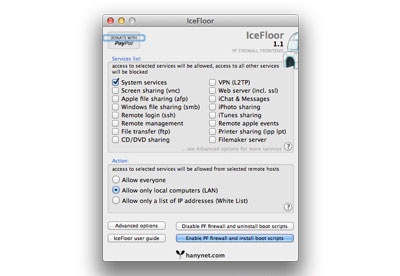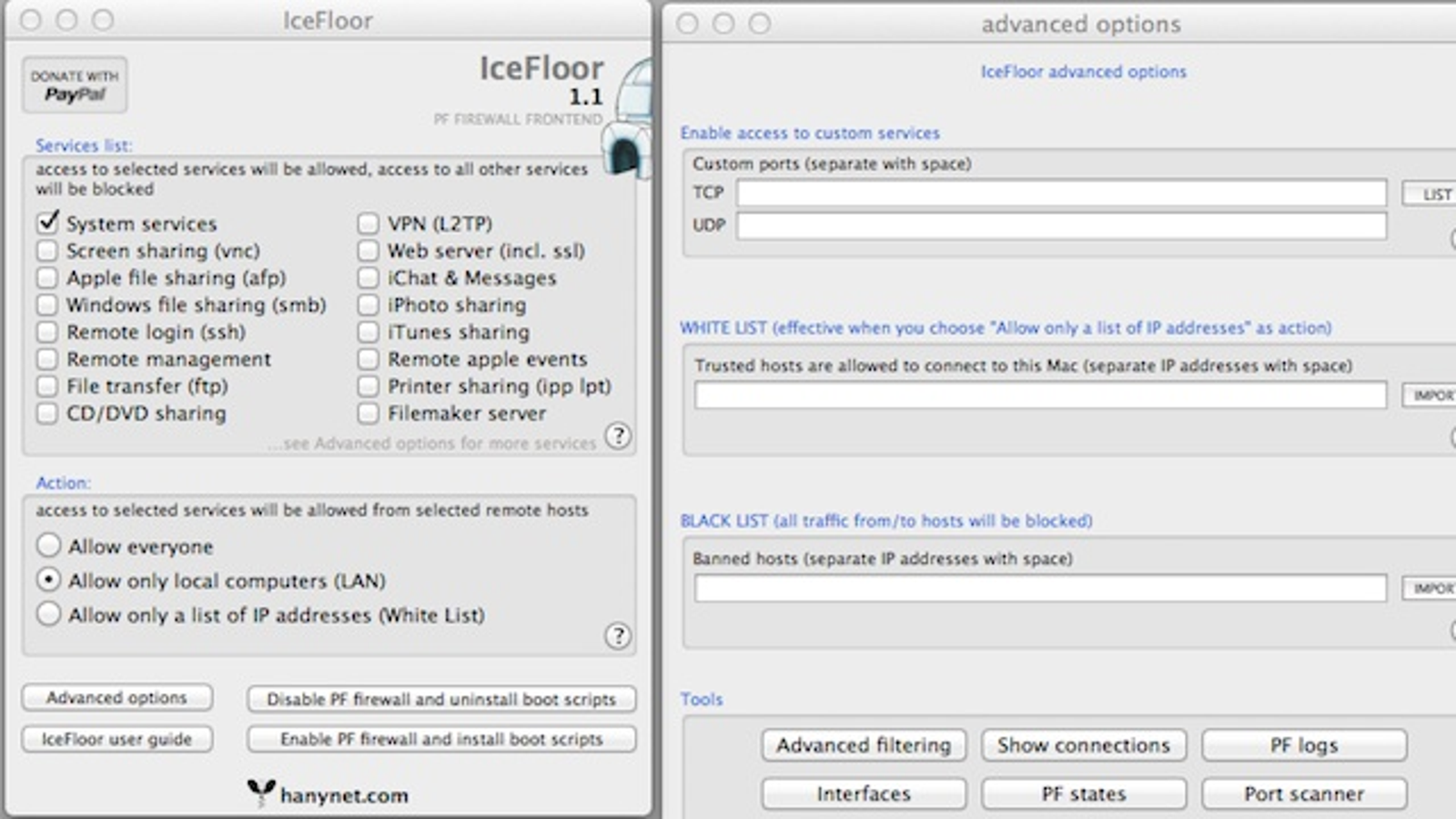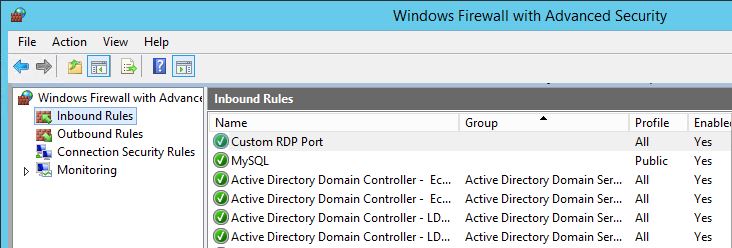
The Language.create_pipe method is now mostly used internally. The string name of the factory, creates the component, adds it to the pipelineĪnd returns it.

Changed in v3.0Īs of v3.0, the Language.add_pipe method also takes Callable, Doc ]Ĭreate a pipeline component from a factory. Make sure that the vocab, vectors and settings of the source pipeline match the target pipeline. If a source is provided, the factory_name is interpreted as the name of the component in the source pipeline. Optional source pipeline to copy component from. Will be merged with the default_config specified by the component factory.

Optional config parameters to use for this component. Insert component last / not last in the pipeline. Insert component first / not first in the pipeline. Optional ]Ĭomponent name or index to insert component directly after. Optional Ĭomponent name or index to insert component directly before. An error is raised if the name already exists in the pipeline. Optional unique name of pipeline component instance. Name of the registered component factory. Pipe.add_label for each possible output label (e.g. In this case, it isĬrucial that the output dimension of each component has already been defined Pipeline components will be initialized with generic data. If no get_examples function is provided when calling nlp.initialize, the InitializationĪnd setting up the label scheme based on the data. Models of trainable pipeline components and are passed each component’s Training data or a representative sample. Get_examples should be a function that returns an iterable ofĮxample objects. This method is typically called automatically when Pass optional arguments to the initialize methods implemented by pipelineĬomponents or the tokenizer. Initialize the pipeline for training and return anĬonfig block to set up the vocabulary, load in vectors and tok2vec weights and Original component’s name, the component itself, the list of documents that wasĪ function that performs custom error handling. The error handler will be invoked with the Specifically, this function will callĬomponents that define that function. Docĭefine a callback that will be invoked when an error is thrown during processing intĭocuments in the order of the original text. Optional dictionary of keyword arguments for components, keyed by component names. Output will then be a sequence of (doc, context) tuples. If set to True, inputs should be a sequence of (text, context) tuples. Skipped, but the rest of the pipeline is run.Ī sequence of strings (or Doc objects). Instead of text, a Doc can be passed as input, in which case tokenization is Alignment into the original string is preserved. The text can span multiple sentences, and canĬontain arbitrary whitespace. Optional, Callable, Doc ] ] ]Īpply the pipeline to some text. Optional function if not used as a decorator. If a weight is set to None, the score will not be logged or weighted. Weights should sum to 1.0 per component and will be combined and normalized for the whole pipeline. The scores to report during training, and their default weight towards the final score used to select the best model. The default config, describing the default values of the factory arguments. Theĭefault_config defines the default values of the remaining factory arguments. Trainable components to add custom losses using the component instance name. ThisĬan be useful to distinguish multiple instances of the same component and allows Take at least two named arguments which spaCy fills in automatically: nlpįor the current nlp object and name for the component instance name. Register a custom pipeline component factory under a given name. Whether the component changes tokenization. Iterable ĭoc or Token attributes required by this component, e.g.

For more details and examples, see theĭoc or Token attributes assigned by this component, e.g. Shared nlp object, use the Language.factoryĭecorator. More complex stateful components that allow settings and need access to the Intended for simple stateless functions that take a Doc and return it. Register a custom pipeline component under a given name. Whether to validate the component config and arguments against the types expected by the factory. Whether to automatically fill in missing values in the config, based on defaults and function argument annotations. Name(s) of pipeline component(s) to exclude. All other pipes will be disabled, but can be enabled again using nlp.enable_pipe. Name(s) of pipeline component(s) to enable. Is merged with the config entry nlp.disabled. Disabled pipes will be loaded but they won’t be run unless you explicitly enable them by calling nlp.enable_pipe. Name(s) of pipeline component(s) to disable. If True, a vocab is created using the default language data settings.


 0 kommentar(er)
0 kommentar(er)
